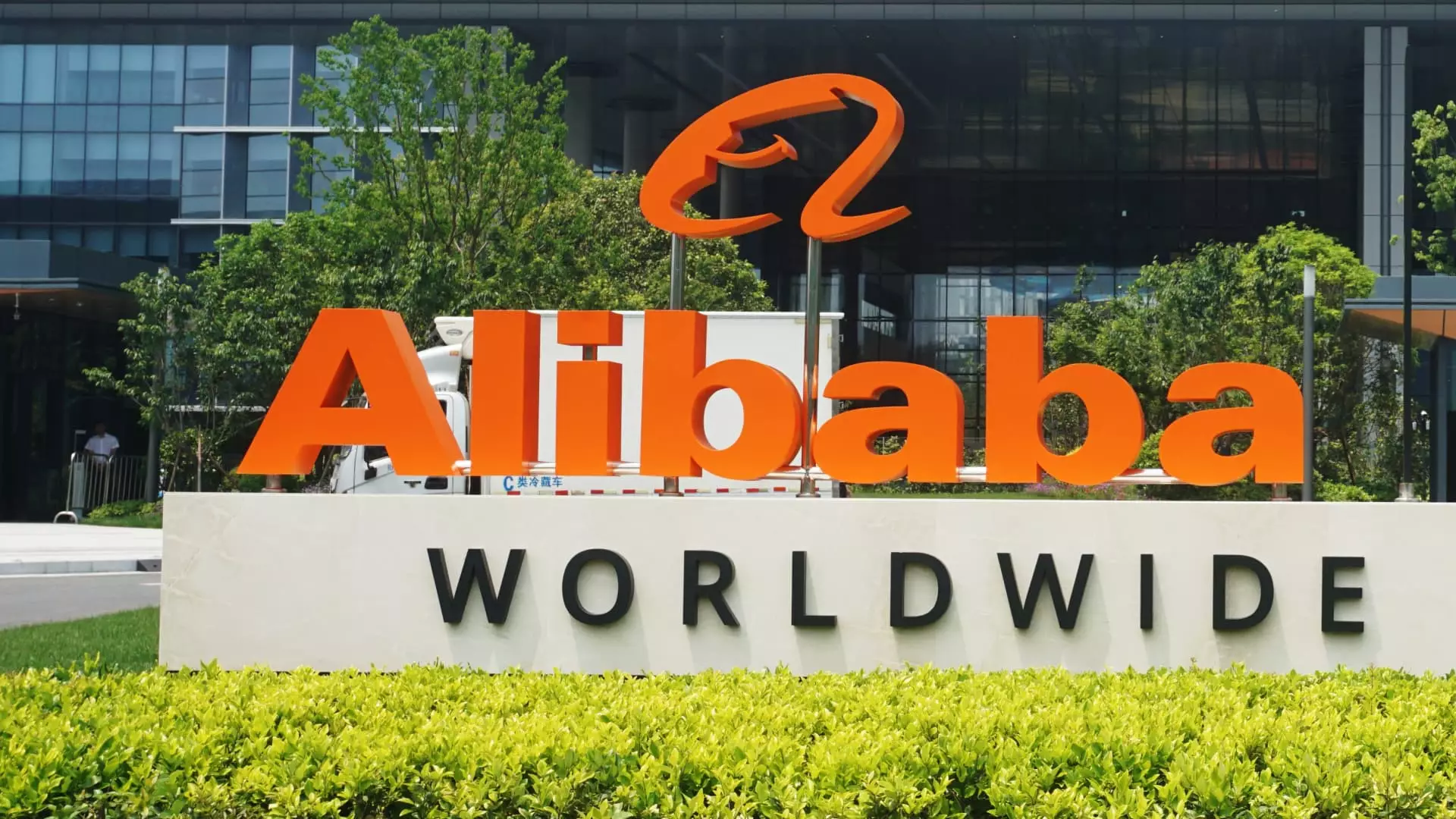In an era defined by rapid technological advancements, Alibaba’s latest endeavor, the launch of its enhanced artificial intelligence (AI) translation tool, Marco MT, marks a pivotal moment in e-commerce. This development not only highlights Alibaba’s ambition to dominate the international e-commerce sector but also raises critical questions about the impact of AI on translation services and global commerce.
Alibaba’s international division recently claimed its new translation tool surpasses offerings from leading competitors such as Google, DeepL, and ChatGPT. This assertion is grounded in an evaluation by the Flores translation benchmark framework, a notable endorsement that positions Marco MT as a serious contender in the translation technology arena. The launch of Marco MT is more than just a product update; it signals Alibaba’s increased investment in AI capabilities that cater specifically to the needs of global merchants.
The AI-powered translation tool allows sellers from diverse backgrounds and languages to create product listings in the vernacular of their target markets. This capability is vital in today’s interconnected world, where effective communication can significantly enhance sales prospects. The previous version of Alibaba’s translation tool reportedly served 500,000 merchants, a solid user base that underscores the demand for accessible and efficient translation services in e-commerce.
Kaifu Zhang, Alibaba International’s Vice President, emphasizes that Marco MT is designed to aid merchants in improving their bottom lines. The tool leverages advanced large language models (LLMs), allowing it to provide translations that consider contextual elements such as cultural nuances and industry-specific terminology. This level of sophistication is necessary, given that literal translations can often misconstrue the intended message, potentially alienating potential customers.
For instance, a colloquial term in Chinese might not resonate or might even confuse English-speaking buyers if translated directly. Such insights into language and culture are what Zhang believes will enhance consumer purchasing decisions, ultimately benefitting the platform as a whole.
Alibaba’s Marco MT supports an impressive array of 15 languages, including widely spoken languages such as English, Spanish, and Chinese, as well as those with specific regional significance like Turkish and Ukrainian. This versatility positions Alibaba strategically, given its forecast of “substantial demand” from both European and American markets. Furthermore, developing nations, accounting for a substantial percentage of active AI users, represent a significant growth opportunity for Alibaba.
The e-commerce landscape is increasingly competitive, with Chinese companies like PDD Holdings’ Temu and fast-fashion retailer Shein pushing into global markets. Alibaba’s focus on facilitating seamless communication via Marco MT exemplifies how e-commerce giants are equipping themselves to navigate and thrive in this competitive environment.
The initial launch of Alibaba’s AI translation tool led to its utilization across over 100 million product listings, illustrating the keen interest from merchants seeking exposure to international consumers. The pricing model for this translation service aligns with standard practices in AI-based offerings, variably charging merchants based on the volume of translated content. However, specific pricing details for the updated version remain undisclosed, though it appears to be bundled with other services aimed at enhancing merchant visibility.
Zhang’s claim that more contextual translations will lead to a better experience during major sales events, such as Alibaba’s Double 11, reflects the ongoing evolution of consumer engagement strategies. By enabling more authentic and culturally relevant expressions of product offerings, Alibaba aims to create a shopping experience that resonates with consumers, thus increasing the likelihood of purchases.
In recent financial reports, Alibaba’s international segment exhibited remarkable growth, reporting a 32% increase in sales to $4.03 billion for the quarter ending in June. This stands in contrast to a slight decline for Alibaba’s core Taobao and Tmall businesses, which are focused primarily on the Chinese market. This disparity underscores the potential for international growth in Alibaba’s operational strategy.
The early indications suggest that Alibaba’s international revenues might have eased slightly to a growth rate of 29%, but the narrowing operational losses present a positive outlook for investors and stakeholders alike. As Alibaba navigates these dynamics, the role of enhanced tools like Marco MT will be crucial in sustaining growth and international relevance.
Alibaba’s introduction of Marco MT not only positions the company at the forefront of AI-driven translation but also aligns with its larger strategy of tapping into global e-commerce opportunities. As merchants increasingly rely on effective communication to penetrate new markets, the significance of Alibaba’s contextual translation capabilities cannot be overstated. This innovation ultimately contributes to the overarching narrative of how AI tools will shape the future of international commerce, making it a critical area to watch in the coming years.

